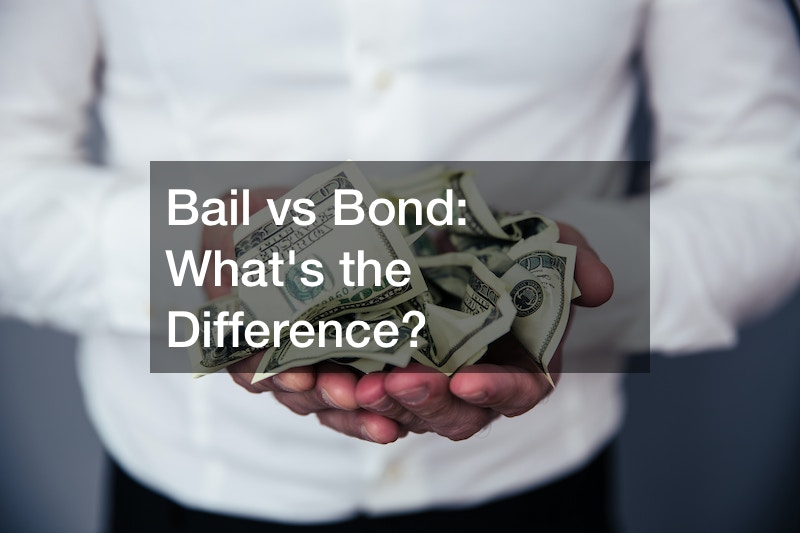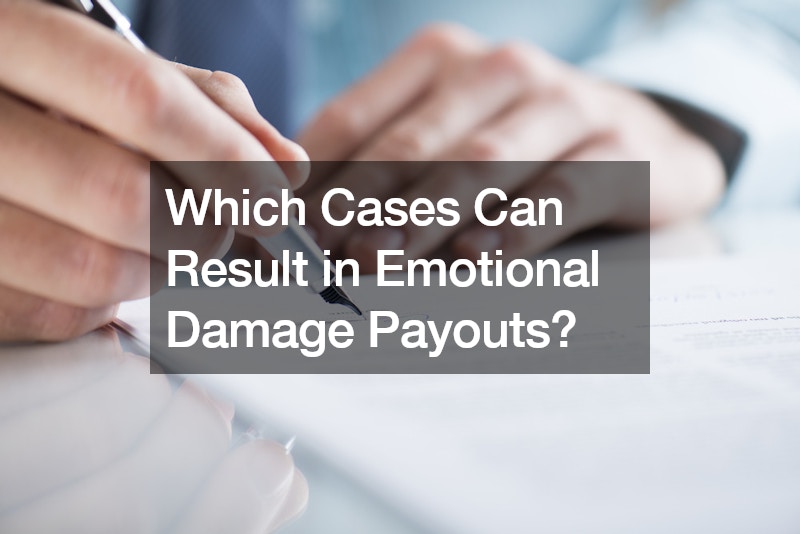
This video will show the difference between bails and bonds. Understanding the difference between bails and bonds is vital, especially for accused people representing themselves in the justice system. Bails and bonds often apply when an accused person takes a “not guilty” plea after being arraigned in court over a criminal matter. An accused person may have to pay a premium to access cash bail bonds.
A bail is a monetary amount accused people give to the court as leverage that they will be present at their hearing.
Courts determine bail amounts according to their confidence in the accused people being available on the required dates. You are, therefore, likely to get a lower bail if you demonstrate closer ties with the community through employment, owning property, and having a family. Your cash bail will be refunded after the conclusion of the hearing.
A bond is an amount of money a bail bondsman posts to the court on behalf of the accused person. The accused person must provide collateral to the bondsman as a guarantee for the cash he gives to the court. The accused person must also prove to be of good conduct and pay a premium for him to access cash bail bonds.




